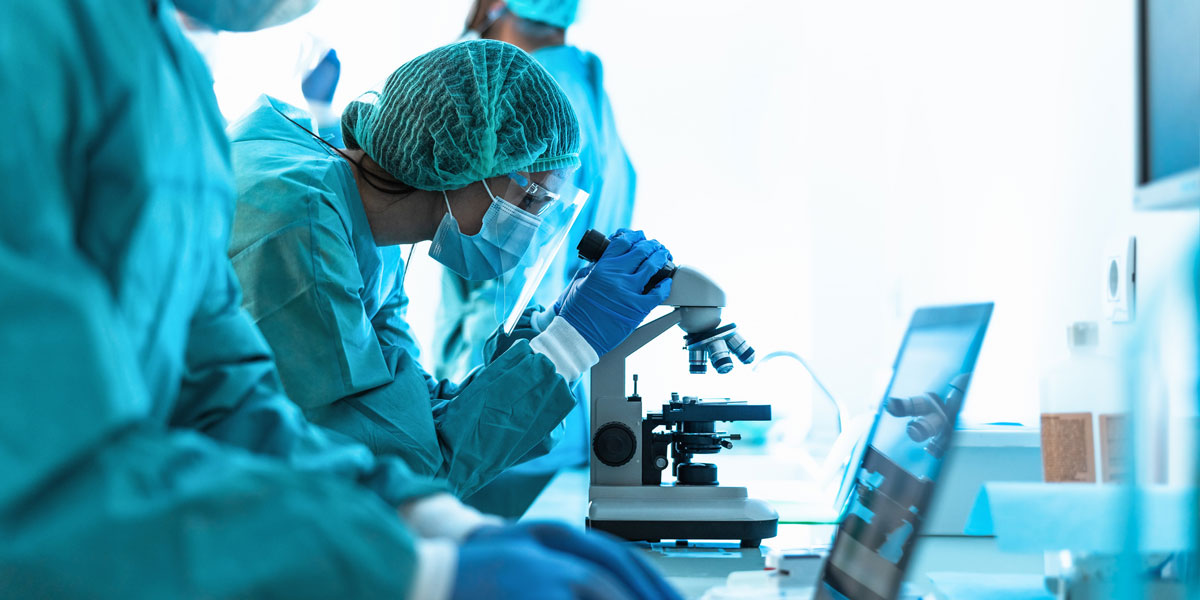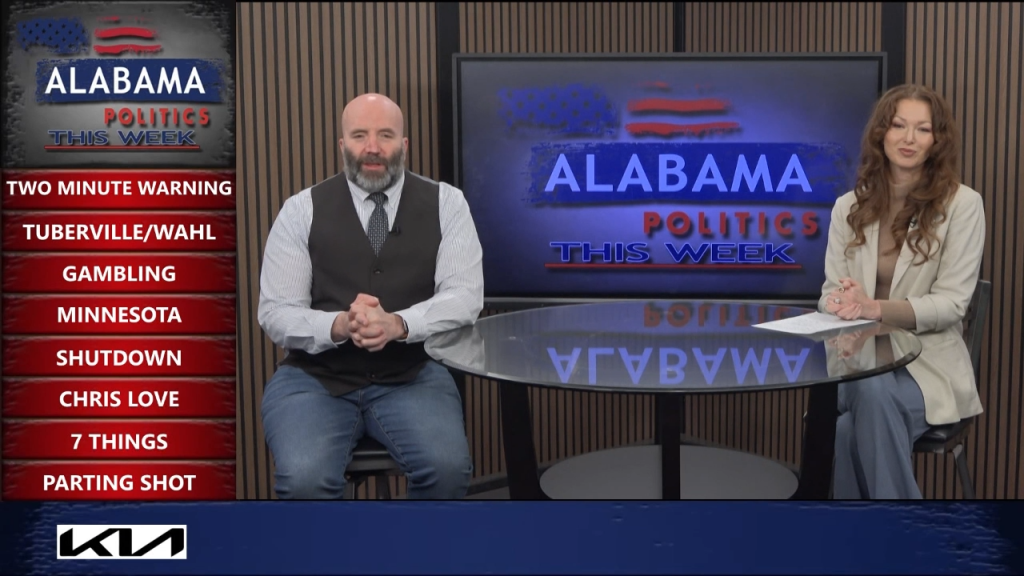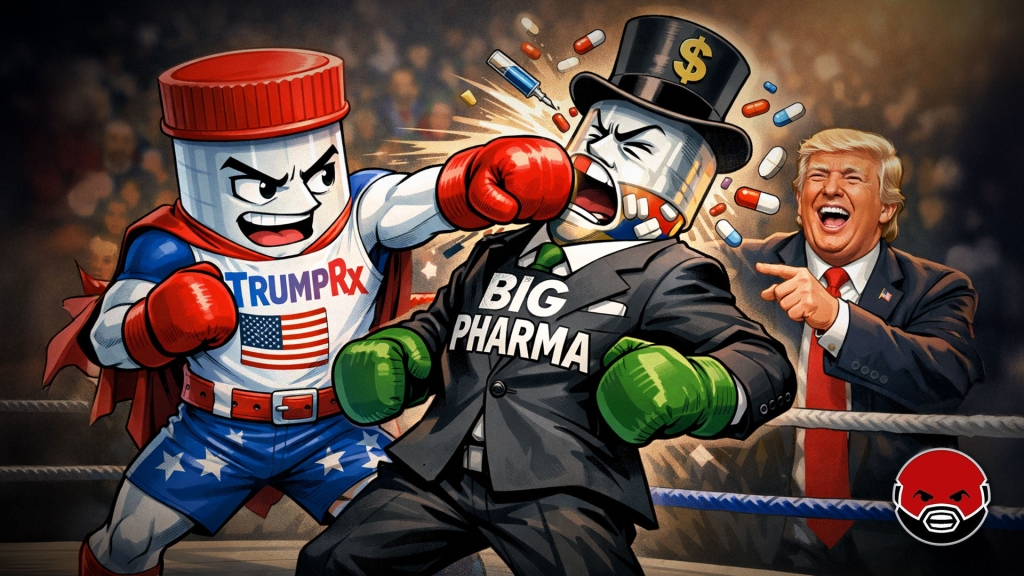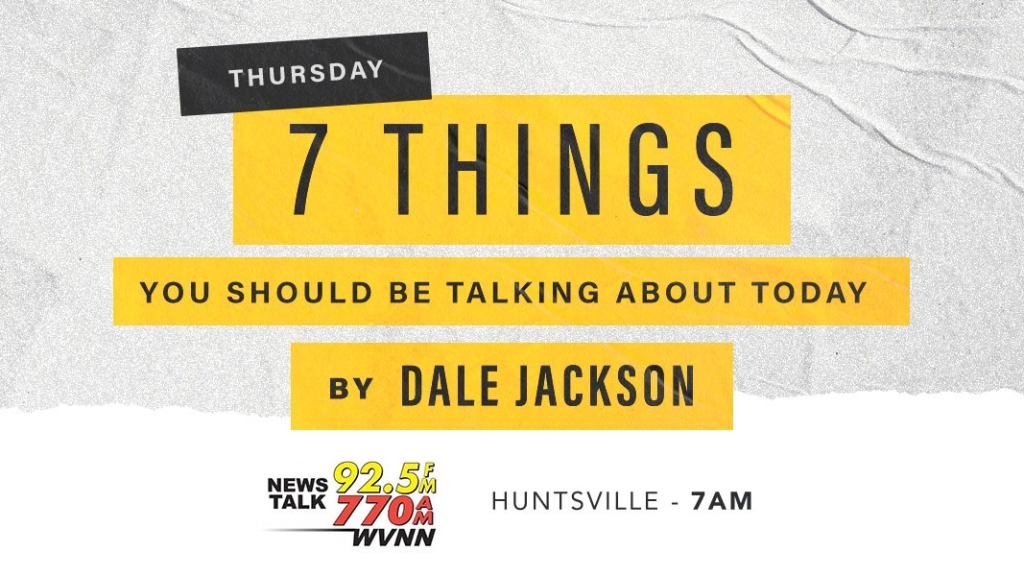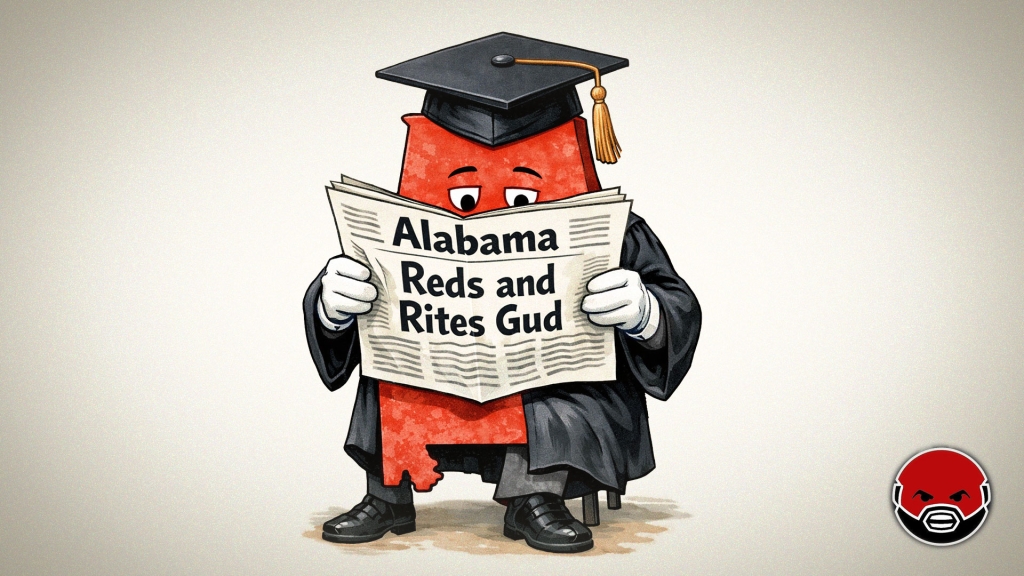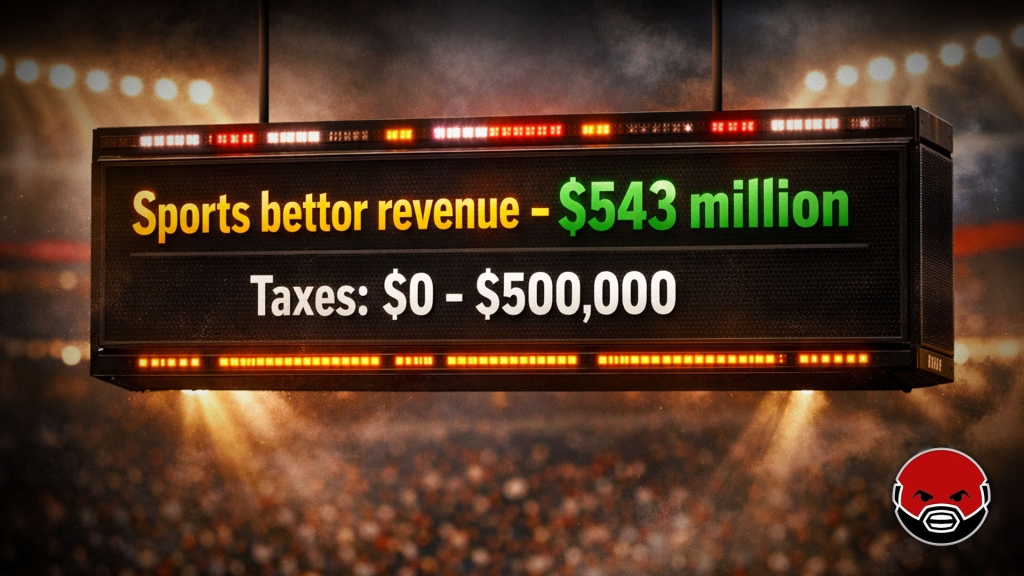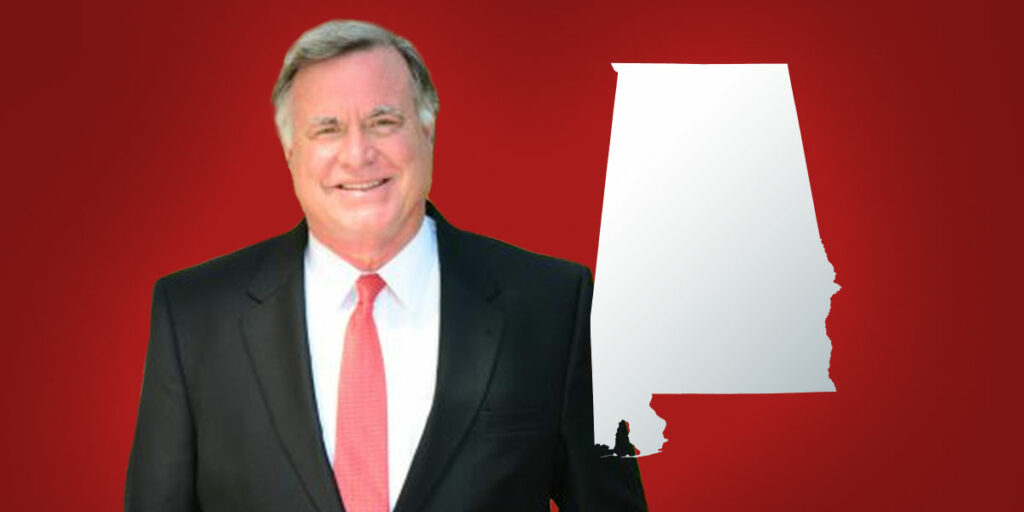Back in 2020 I wrote about legal efforts then to sue China over the COVID-19 pandemic. A recent report from the U.S. Senate Committee on Health Education, Labor and Pensions and an expose from Pro Publica and Vanity Fair provide more evidence for a lab leak origin of COVID. How does a lab lead potentially affect accountability?
I remain agnostic on the virus’ origins. The Pro Publica expose documents a serious safety emergency at Wuhan Institute of Virology (WIV) in November 2019 based on interpretation by multiple experts of communications posted on WIV’s website.
The experts agreed that the exchanges were urgent, highly unusual, and involved top CCP officials. The expose also argues that the patent submission for a Chinese vaccine suggests work began in November 2019 or earlier, or before the virus allegedly emerged in December.
Other prominent voices also promote the lab leak hypothesis. Two points seem particularly relevant. A virus usually requires some time to “learn” to spread efficiently in humans, yet SARS-CoV-2 was spreading remarkably efficiently by January 2020. And evidence of the virus in animals in the wild has yet to be documented.
Economics uses methodological individualism to examine human interaction. We start with individuals’ goals, incentives, and actions. Methodological individualism precludes viewing any organization, firm or government as a “unitary actor.”
Governments employ thousands (or millions) of persons with divergent goals, while groups face significant challenges getting members to do what is in the common interest.
This matters or evaluating the actions of top Chinese officials. WIV directors likely concealed details if a leak did occur. Decisions by top Chinese officials might seem malicious if we do not recognize they may not have had full information.
The WIV’s culpability for a lab leak is clear. But what if the U.S. funded gain-of-function (GoF) research at WIV? Sen. Rand Paul has interrogated Dr. Anthony Fauci over the possibility of such funding.
Some commentators suggest banning GoF research. Although beyond my expertise, GoF research seemingly can provide valuable knowledge. Furthermore, I doubt research can be banned without draconian controls over research labs worldwide.
We could halt NIH funding but cannot control what researchers do with private funding. A better approach might limit GoF research to the very most secure biolabs.
What about the Chinese government’s liability? I am not a lawyer and will not examine legal considerations. Most significantly, China almost certainly could not afford full compensation. The value of a “statistical” life, economists’ preferred way to evaluate deadly tradeoffs, is approximately $10 million.
Two adjustments must be made for COVID. First, a downward adjustment based on the average age of victims. Second, an upward adjustment since values of statistical lives are based on voluntarily assumed risks and “involuntary” risks are viewed differently.
Suppose we decide on $5 million. The global COVID death toll currently exceeds 5.6 million. Some deaths have likely been “with” as opposed to “from” COVID, so let’s say 5 million deaths deserve compensation. This is $25 trillion. Only a fraction of China’s $18 trillion GDP could be taken annually for compensation. And then add in medical expenditures, school disruptions, and economic losses.
What about partial compensation? Suppose a friend borrows and wrecks your car and insurance will not pay. Your friend may be unable to fully cover your loss, but an offer to pay what he can afford would still be appreciated. The offer signals a lack of malevolent intent.
Markets acknowledge the moral value of all participants, who must voluntarily consent to exchange and employment. Authoritarian nations do not respect the moral value of all. Market exchange is part of civilized behavior and authoritarian nations are not entirely civilized.
Does their government’s recent authoritarian turn and allegations of forced labor disqualify China from the global economy? Opinions will differ. Cooperation on the origins of COVID-19 and an offer of compensation if the lab leak hypothesis validates would signal a desire to remain in civilized company.
Daniel Sutter is the Charles G. Koch Professor of Economics with the Manuel H. Johnson Center for Political Economy at Troy University and host of Econversations on TrojanVision. The opinions expressed in this column are the author’s and do not necessarily reflect the views of Troy University.




